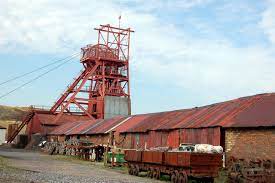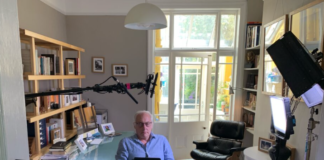- Disabling protests again - 2nd July 2025
- Democratic deficit - 2nd July 2025
- Crime pays - 1st July 2025

During 23 years with the BBC, and 40 years in journalism (when he was trained to use simple language, avoiding jargon), our Editor, Welshman Phil Parry, has watched as the long slow decline of manufacturing (not least in Wales) has been decried, but new figures show that the sector is doing fairly well.
Earlier Phil has described how he was helped to break into the South Wales Echo office car when he was a cub reporter, recalled his early career as a journalist, the importance of experience in the job, and making clear that the ‘calls’ to emergency services as well as court cases are central to any media operation.
 He has also explored how poorly paid most journalism is when trainee reporters had to live in squalid flats, the vital role of expenses, and about one of his most important stories on the now-scrapped 53 year-old BBC Wales TV Current Affairs series, Week In Week Out (WIWO), which won an award even after it was axed, long after his career really took off.
He has also explored how poorly paid most journalism is when trainee reporters had to live in squalid flats, the vital role of expenses, and about one of his most important stories on the now-scrapped 53 year-old BBC Wales TV Current Affairs series, Week In Week Out (WIWO), which won an award even after it was axed, long after his career really took off.
Phil has explained too how crucial it is actually to speak to people, the virtue of speed as well as accuracy, why knowledge of history and teaching the subject is vital, how certain material was removed from TV Current Affairs programmes when secret cameras had to be used, and some of those he has interviewed.
He has disclosed as well why investigative journalism is needed now more than ever although others have different opinions, how the coronavirus (Covid-19) lockdown played havoc with media schedules, and the importance of the hugely lower average age of some political leaders compared with when he started reporting.
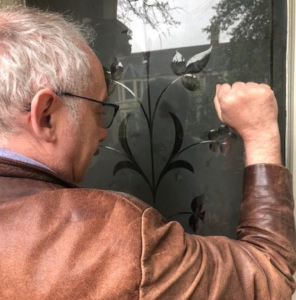
I have always enjoyed going against the grain, and new figures about manufacturing are helping me to do just that!
We have long been told that the era of smoke-stack industries, deep coal mines and lots of steel works (in other words heavy manufacturing), is long gone and now it’s a world of coffee bars and gyms. That’s where employment lies.
In fact this is only partially true.
Yes it’s certainly a fact that deep coal mines and loads of steel works have disappeared, but UK manufacturing has actually been remarkably successful.

According to the OECD, a club mostly of rich economies, its productivity growth comfortably outstripped that of any other G7 country in the 14 years after the onset of the financial crisis in 2007.
Gross Value Added (a measure of output) per manufacturing employee rose by 37.3 per cent between 2007 and 2021, against an average of 12.1 per cent among the UK’s peers.

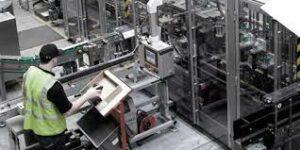
It is well ahead of the next best country, the United States of America (USA).
This has particular relevance to Wales, where more people proportionately are employed in the manufacturing industry.
It is the largest contributor in terms of GVA to the Welsh economy, and provides good quality employment to thousands of individuals and scores of communities the length and breadth of Wales.

This wasn’t done just by shedding employees either.
After a long decline in the 1980s, 1990s and 2000s manufacturing employment has been stable since 2008, at around 2.6 million.
“We stopped deindustrialising as a country 15 years ago”, says one UK boss. “Just no one seemed to notice.”

Though net job losses have stopped, manufacturing’s share of all jobs has shrunk from 8.9 per cent in 2008 to 7.1 per cent, a far cry from its peak of almost one in three in the 1960s.
For those who do remain, higher productivity has translated into higher pay.
It averages £36,488 ($44,500) a year, 9.2 per cent higher than the whole-economy average.

You wouldn’t know it, though, from the doom and gloom reports in the mainstream media, which seem to reflect public mood (or create it!).
In a recent survey of the UK public, respondents were asked where they believed it ranked in the global manufacturing league table.
The median answer, 43rd, was a little wide of the mark.
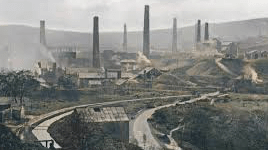
The latest comparable data, for 2021, make the UK the world’s eighth-biggest manufacturer, up one place from 2020 and overtaking France.
So Wales may be a land of Tesco stores, not deep mines and steel works now – but it’s not doing too badly!
The memories of Phil’s decades long award-winning career in journalism (when going against what others said was always central) as he was gripped by the rare neurological disease Hereditary Spastic Paraplegia (HSP), have been released in a major book ‘A GOOD STORY’. Order it now.









